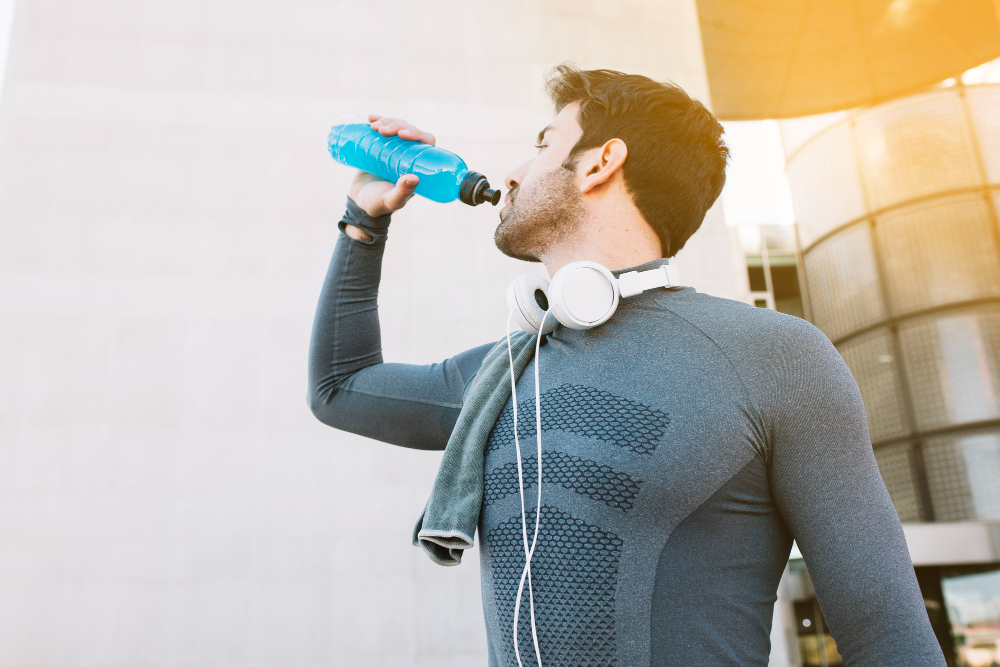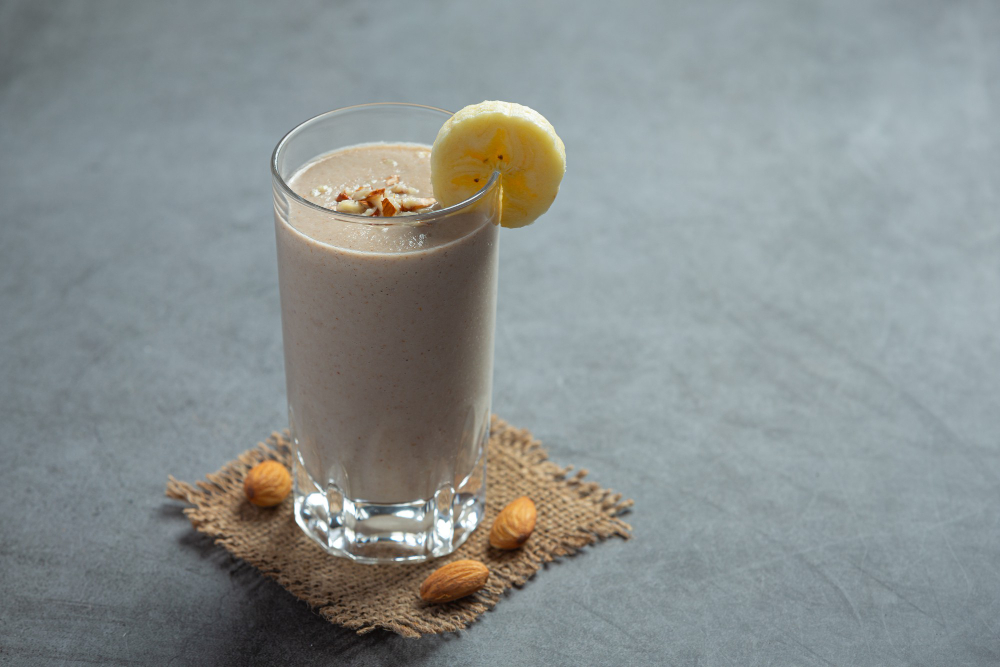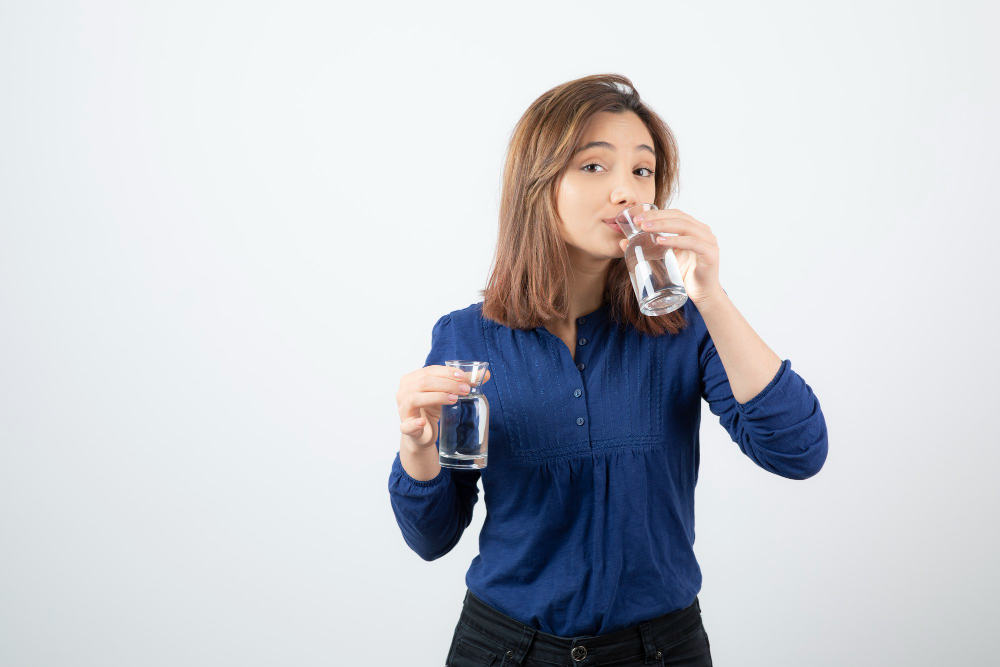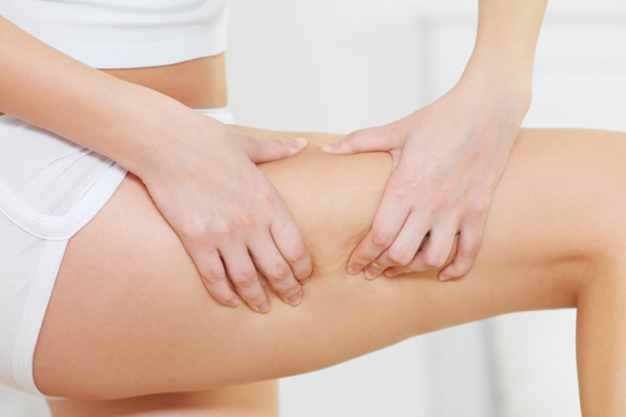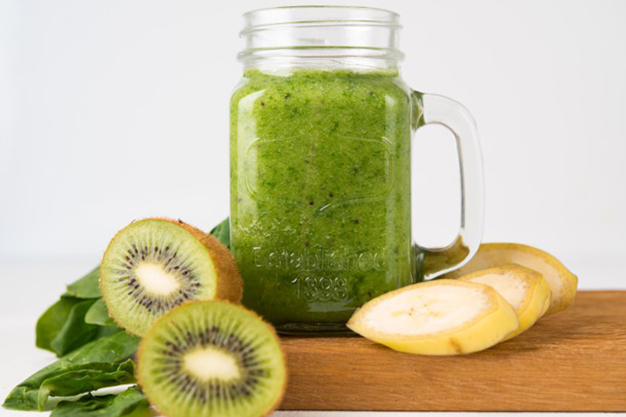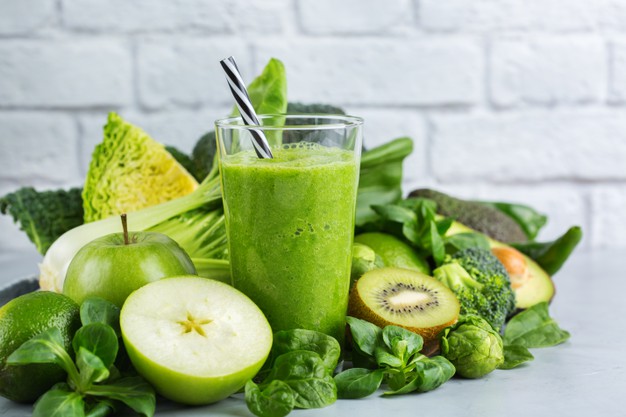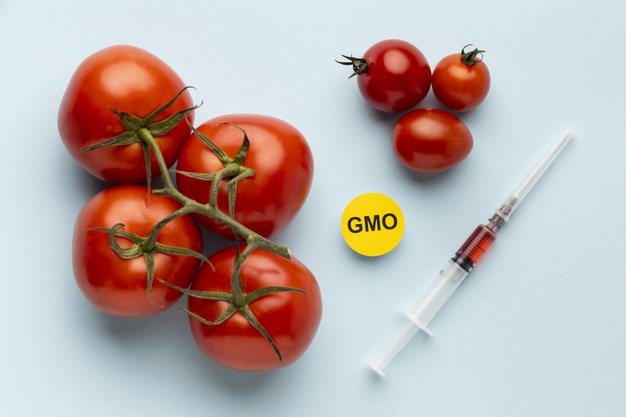-
Prep Time
- -
Cook Time
- -
Serving
-
Electrolytes are electrically charged minerals that play a role in nerve function, muscle contraction, pH regulation, and water balance.1 Common
causes of electrolyte imbalances are intense activity and illness, leading to dehydration. Electrolyte imbalances can be harmful to health, so it’s
important to take action to restore this balance when dehydration occurs.2
Some common electrolytes and their functions are listed below
| ELECTROLYTE | FUNCTION |
|---|---|
| Bicarbonate | Helps maintain pH balance by acting as a buffer to resist changes in acidity or alkalinity |
| Calcium | Helps muscle fibers shorten and contract |
| Chloride | Helps balance fluid inside and outside the cells to maintain hydration Helps maintain pH in extracellular fluid by balancing hydrogen and ammonium ions |
| Magnesium | Aids muscle relaxation Regulates neurotransmitters (the body’s chemical messengers) |
| Phosphate | Neutralizes acids to help maintain pH balance in the blood |
| Potassium | Creates nerve impulses by moving across nerve cell membranes Aids fluid balance by determining amount of water inside cells |
| Sodium | Creates nerve impulses by moving across nerve cell membranes Assists with water retention and determines amount of water outside cells |
ELECTROLYTE RECIPES
Often, with diarrhea, fecal fluids rich in chloride, sodium, and potassium are lost before they can be absorbed by the intestines.2 Drinking water to replace lost fluids will help prevent dehydration, but it’s also helpful to replace lost electrolytes to speed up hydration and aid fluid retention.3–4
Check out the following recipes for homemade beverages packed with electrolytes – tasty DIY options for whenever you’re in need of extra hydration, especially in the wake of gut issues.



